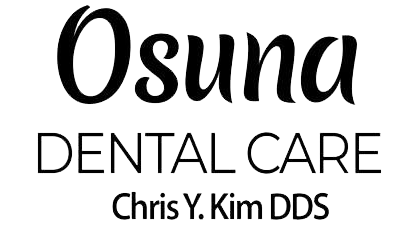A root canal is a procedure in which a dentist removes the pulp of an infected tooth, thoroughly cleans the canals, and then refills the space with a filling material. If the infection is left untreated, it can lead to tooth loss. By having a root canal performed, patients can prevent this.
The dentist will often recommend getting a root canal during the early stages of an infection rather than waiting to treat it during an emergency visit. This way, the patient is able to have the treatment they need without experiencing any pain.
This procedure is generally quite effective and can leave patients with many more healthy teeth than they had before the procedure. In some cases, the infection is so severe that the tooth cannot support the filling material itself and requires a crown to support the new filling.
What Happens During a Root Canal Procedure?
During a root canal, the dentist will use local anesthesia to numb the gums and surrounding teeth. Then, they will drill into the tooth to remove the damaged pulp and some of the tooth's structure. The dentist will then use small files to shape the canals and place a dental filling material inside the tooth. Finally, they will seal the tooth with a dental crown to keep it protected.
Because the procedure is invasive, some patients may need more than one appointment to complete it. However, once the procedure is complete, patients will be able to enjoy a healthier smile!
Is a Root Canal Painful?
When your dentist recommends a root canal, you might feel nervous and anxious. You might not know why you need this procedure or what to expect. It's important to know that pain isn't necessarily required to get a root canal done. In most cases, the procedure is done under anesthesia. This means that you won't feel any of the discomfort that typically occurs with an infected tooth. Your dentist will provide you with more information after your procedure.
Although you may feel no pain or discomfort, you may experience some tenderness after the anesthetic wears off. To ease this discomfort, be sure to follow all of the aftercare instructions from your dentist. These may include rinsing your mouth with an antibacterial mouthwash and avoiding hard or chewy foods. If you experience prolonged soreness or severe pain after a root canal, contact your dentist right away.
To learn more about the dental procedures offered by Osuna Dental Care, call us at (505) 884-1989 or visit our dental office located at 5900 Cubero Dr NE suite B, Albuquerque, NM 87109.
More Blog Posts
Office Hours
MONClosed
TUE7:00 am - 4:00 pm
WED7:30 am - 4:00 pm
THU8:00 am - 5:00 pm
FRI7:00 am - 4:00 pm
SAT - SUNClosed






